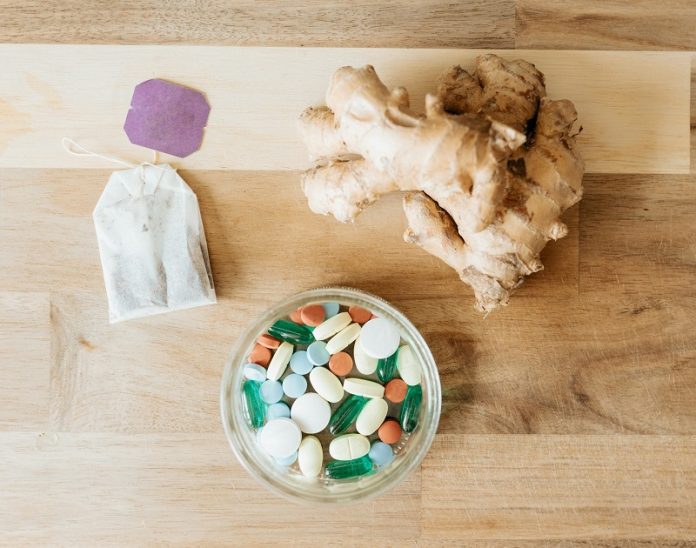
The liver is one of the most important organs in the body. It helps break down toxins, process nutrients, store energy, and regulate blood sugar and cholesterol. When the liver is damaged by alcohol, fatty liver disease, medications, or viruses like hepatitis, its ability to do these jobs becomes weaker.
Thankfully, the liver has a strong ability to heal itself if given the right support. Along with a healthy diet and lifestyle, certain vitamins have been shown to help repair liver cells and reduce inflammation. Scientific studies have explored which vitamins are most helpful for liver health and recovery.
One of the best-known vitamins for liver repair is vitamin E. This vitamin is a powerful antioxidant, meaning it helps protect liver cells from damage caused by inflammation and free radicals. Free radicals are unstable molecules that harm cells, especially in people with conditions like non-alcoholic fatty liver disease (NAFLD).
Several clinical trials, including one published in the New England Journal of Medicine, found that vitamin E improved liver function and reduced inflammation in people with NAFLD who did not have diabetes. The dose used in these studies was usually high—around 800 IU per day—so it’s important to speak with a doctor before starting a supplement, especially for long-term use.
Another important vitamin is vitamin D. Many people with chronic liver disease have low levels of this vitamin, which plays a role in immune function and reducing inflammation. Research in the journal Hepatology shows that vitamin D deficiency is linked to more severe liver disease and slower recovery.
Supplementing with vitamin D may help support liver healing, especially in people with low levels, although it may not directly reverse liver damage on its own. Getting regular sunlight and eating vitamin D-rich foods like salmon, fortified milk, or eggs can help increase levels naturally.
Vitamin C also supports liver repair, mainly through its antioxidant effects. It helps protect liver tissue and reduces the buildup of fat in the liver.
A study published in Oxidative Medicine and Cellular Longevity found that vitamin C helped lower liver enzymes and reduced signs of liver inflammation in animal models. While human studies are still ongoing, vitamin C from foods like citrus fruits, berries, bell peppers, and leafy greens is a safe and natural way to support liver health.
B vitamins are also crucial for liver repair. These include B1 (thiamine), B6 (pyridoxine), B12 (cobalamin), and folate (B9). These vitamins help the liver break down carbohydrates, proteins, and fats, and support energy production. Low levels of B vitamins, especially B12 and folate, are common in people with liver disease.
Research in the World Journal of Gastroenterology suggests that supplementing B vitamins may improve liver function, especially in people with alcoholic liver disease or cirrhosis. Foods like whole grains, legumes, eggs, meat, and leafy greens are good sources of B vitamins.
Another vitamin-like compound often discussed in liver health is choline. It’s not technically a vitamin, but it’s often grouped with B vitamins. Choline is essential for moving fat out of the liver and supporting liver cell structure.
Low choline intake can lead to fatty liver, especially in women. A study in the Journal of Nutrition found that people with higher choline intake had better liver health. Eggs, fish, and soybeans are rich in choline.
In conclusion, the best vitamins for liver repair include vitamin E, vitamin D, vitamin C, and the B-complex vitamins—especially B12, B6, and folate. These nutrients work by reducing inflammation, fighting oxidative stress, and supporting the liver’s ability to process fats and toxins.
While vitamins can support liver healing, they work best when combined with a healthy lifestyle that includes regular exercise, reduced alcohol intake, and a balanced diet. Anyone considering high-dose supplements should talk to a healthcare provider, as more isn’t always better when it comes to vitamins. With the right care, the liver can often recover and function well again.
If you care about liver health, please read studies about a diet that can treat fatty liver disease and obesity, and coffee drinkers may halve their risk of liver cancer.
For more information about liver health, please see recent studies that anti-inflammatory diet could help prevent fatty liver disease, and results showing vitamin D could help prevent non-alcoholic fatty liver disease.
Copyright © 2025 Knowridge Science Report. All rights reserved.



